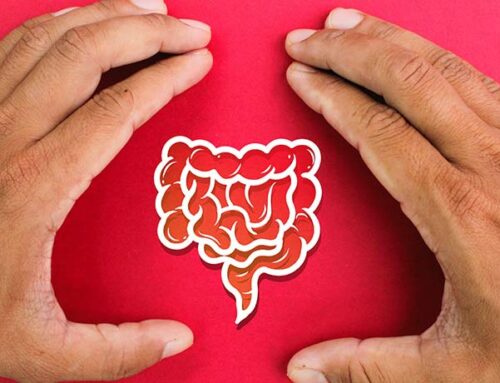Autoimmune diseases such as diabetes, rheumatoid arthritis, muscular dystrophy, multiple sclerosis, and fibromyalgia are associated with dysfunction in the microbiome.
Human Microbiome is considered as a highly adaptable “human organ” with a multitude of metabolic functions in the human body.
The microbiome is a collective of genomes of the microbes (composed of bacteria, bacteriophage, fungi, protozoa and viruses) that live inside and on the human body. We have about 10 times as many microbial cells as human cells.
The bacteria in our bodies help degrade the food we eat, help make nutrients available to us and neutralize toxins. Also, the microbiota play an essential role in the defense against infections by protecting the colonized surfaces from invading pathogens.
In addition to family genes, environment, and medication use, diet plays a large role in determining what kinds of microbiota live in the colon. All of these factors create a unique microbiome from person to person. A high-fiber diet in particular affects the type and amount of microbiota in the intestines.
The microbiome is essential for human development, immunity and nutrition. The bacteria living in and on us are not invaders but beneficial colonizers.
Probiotics are made up of good bacteria that helps keep your body healthy and working well. This good bacteria helps you in many ways, including fighting off bad bacteria when you have too much of it, helping you feel better. Probiotics are part of a larger picture concerning bacteria and your body — your microbiome.





